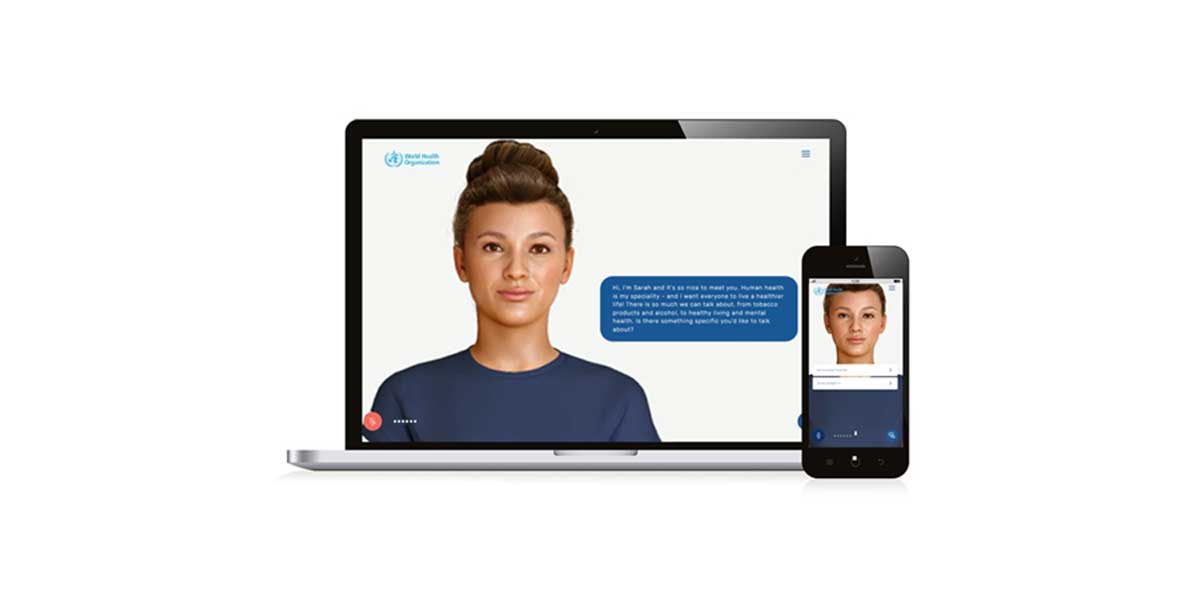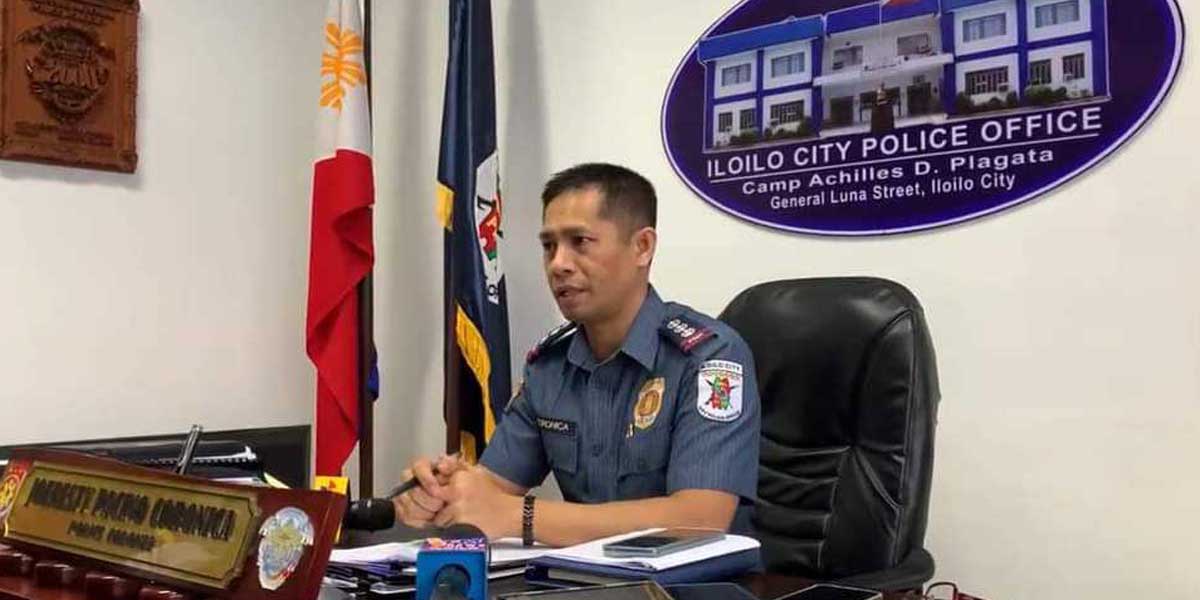
By Francis Allan L. Angelo
In anticipation of World Health Day and aligning with this year’s theme ‘My Health, My Right’, the World Health Organization (WHO) has introduced a new digital health promoter named S.A.R.A.H., which stands for Smart AI Resource Assistant for Health.
S.A.R.A.H. is at the forefront of combining generative artificial intelligence (AI) with health education, providing a personalized and empathetic resource available in 8 languages, accessible 24/7 across various devices.
WHO’s innovative tool is designed to disseminate crucial information on significant health topics, including mental health and lifestyle practices conducive to good health.
S.A.R.A.H. is an evolution from static information systems to a dynamic AI capable of engaging users in meaningful and tailored health discussions, aimed at supporting individuals on their journey to optimal health.
“S.A.R.A.H. gives us a glimpse of how artificial intelligence could be used in future to improve access to health information in a more interactive way. I call on the research community to help us continue to explore how this technology could narrow inequities and help people access up-to-date, reliable health information,” said WHO Director-General Dr. Tedros Adhanom Ghebreyesus.
S.A.R.A.H. represents a significant shift from traditional algorithms to generative AI, which allows her to deliver real-time, accurate, and empathetically attuned responses. This initiative, supported by Soul Machines Biological AI, reflects WHO’s commitment to leveraging digital technologies to bridge health information gaps and enhance public health services.
The organization emphasizes the need for ongoing research into the application of this advanced technology, particularly its potential to address public health needs while mitigating ethical concerns like equitable access, privacy, and data protection.
The S.A.R.A.H. project is not WHO’s first foray into digital health promotion; previous iterations like Florence were pivotal during the COVID-19 pandemic, disseminating information on the virus, vaccines, and health promotion.
WHO continues to innovate in digital communication, using tools such as social media, chatbots, and text messaging to share health information broadly.
The launch underscores the importance of continuous development and learning to ensure that health information resources are reliable, responsible, and accessible, adhering to the highest ethical and evidence-based standards.






















